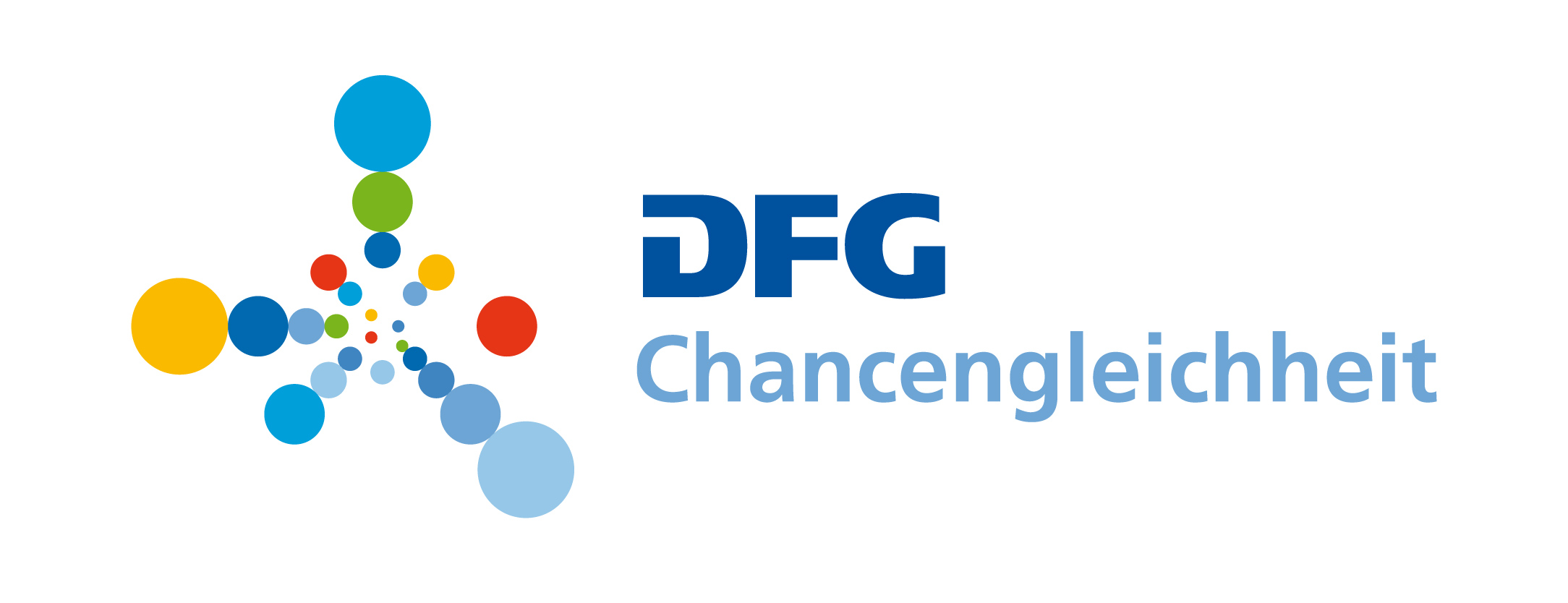
DFG Launches New Initiative for Equal Opportunities and Diversity
Press Release No. 27 | 5 July 2022
Expanded research-oriented equal opportunities standards to include diversity / DFG funding activity to follow new integrated equal opportunities and diversity concept
The DFG aims to further promote equal opportunities and diversity in science at a number of levels. This has now been decided by the committees of Germany’s biggest research funding organisation and the country’s central self-governing body for research. As a result, the aspect of diversity is now to be incorporated in the so-called Research-Oriented Standards on Equal Opportunities”, whose title will be expanded to reflect this: in future they will be known as the “Research-Oriented Equal Opportunities and Diversity Standards”. In addition to promoting the issue of equal opportunities, the DFG will also be doing more to embrace diversity in its own funding activities. The two issues have prominent significance for the work of the DFG as statutory goals.
“Diverse perspectives in research and the consideration of the experience and characteristics of all those working in science are key requirements for excellence,” said DFG President Professor Dr. Katja Becker. “So in order to promote the best academic talent, the DFG is expanding its long-standing commitment to equal opportunities and advocating greater diversity in science. Equal opportunity of assessment and recognition of academic achievement are important building blocks of the concept.”
Extension of the Research-Oriented Equal Opportunities and Diversity Standards
DFG members undertook a voluntary commitment to anchor additional dimensions of diversity in the Research-Oriented Equal Opportunities Standards that have been in place since 2008. In addition to gender and gender identity, these now include aspects such as ethnic origin, religion, other personal beliefs and disability or chronic/long-term illness, as well as social origin and sexual orientation. Where one person combines several such dimensions of difference (intersectionality), this should also be adequately taken into account. In addition, DFG members acknowledged their responsibility towards employees at their institutions and other persons with regard to protection from sexual harassment, discrimination and bullying.
In line with the new objectives, DFG members also changed the implementation process for the Research-Oriented Equal Opportunities and Diversity Standards. In future, higher education institutions will be able to define their reporting priorities for implementing measures according to their own strategic plans, subject priorities and student/researcher profile. At the end of each reporting period, which will now last three years, the DFG offers universities a platform on which to exchange ideas by way of a peer consultation process. In order to do justice to the extended mandate, the working group supporting the process will also be expanded to include a member with expertise on the subject of diversity.
Last but not least, members adopted the “Summary and Recommendations 2022” on the priority topics selected for the last reporting cycle (2020-2022), namely “Increasing the proportion of women in the postdoc phase” and “HEIs’ approach to dealing with the issue of diversity”. Important outcomes with a view to increasing the share of women in the postdoc phase were an improvement in the data basis, a greater focus on measures relating to specific subjects and qualification levels, the promotion of networks between higher education institutions, research institutions and the private sector, and the creation of new job prospects in addition to professorships. In terms of diversity, the focus was on the need for a cultural shift, whereby diversity was to be understood as a valuable resource, according to the report. It also states that the institutions’ own concepts should enshrine the goal to bring about structural change.
Integrated equal opportunities and diversity concept for the DFG’s funding activities
In addition to promoting gender equality, the new equal opportunities and diversity concept adopted by the DFG’s Joint Committee aims to take greater account of differences between researchers in other dimensions in the DFG’s funding activities. In addition to gender and gender identity, the concept of diversity used by the DFG encompasses the same aspects as those mentioned above in connection with the members’ voluntary commitment. In particular, equal opportunities measures are to be developed for aspects of social origin – such as researchers’ migration history, economic situation and the fact that they come from a non-academic parental home.
In preparation for this, the DFG has already held several discussion sessions on diversity in science since 2020 with researchers, stakeholders and their interest groups, as well as with DFG committee members. This participatory process will continue as measures are developed and implemented. As a first concrete step, the Joint Committee recently adopted measures to raise awareness of explicit or implicit bias towards individuals with diversity characteristics. In addition, measures were adopted to expand the DFG’s database and provide factual information on diversity dimensions in research.
Further information
Media contact:
- DFG Press and Public Relations
Tel. +49 228 885-2109
presse@dfg.de
Information on the DFG’s extended Research-Oriented Equal Opportunities and Diversity Standards:
Information on the topic of equal opportunities and diversity and the DFG’s activities:
Programme contact at the DFG Head Office:
- Dr. Eva Reichwein
Equal Opportunities
Research Integrity and Cross-Programme Development
E-Mail: chancengleichheit@dfg.de

